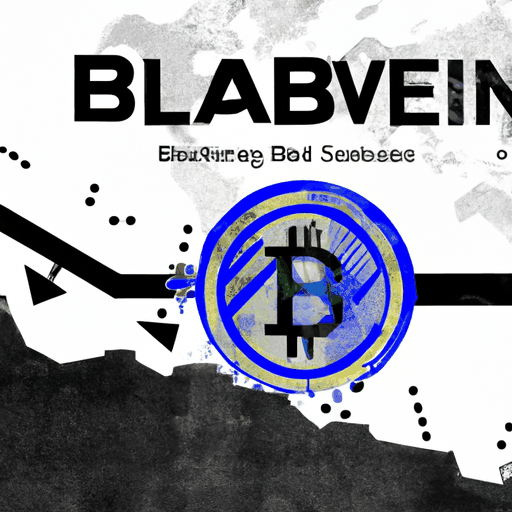
IMF Acknowledges Progress in El Salvador's Bitcoin Strategy
By: Isha Das
The International Monetary Fund (IMF) has recognized notable progress in El Salvador’s adoption and implementation of Bitcoin as legal tender. While the IMF previously raised concerns about the potential risks associated with the country's bold move, recent observations highlight that these risks have not materialized. The IMF emphasized the need for greater transparency in El Salvador's crypto policy to fully mitigate any potential financial stability concerns.
On August 6, a team from the IMF, led by Raphael Espinoza, reported advancements in discussions with El Salvador. Over the past two years, the talks focused on strategies to bolster public finances, enhance bank reserves, and improve governance, including transparency measures related to Bitcoin investments. The IMF noted mutual recognition of the importance of addressing these areas to ensure the stability and security of El Salvador's financial ecosystem.
During the discussions, key points included the development of policies to strengthen public finances, increase bank reserve buffers, and improve governance and transparency to mitigate risks from Bitcoin. This acknowledgment by the IMF is significant, as it shifted its earlier critical stance regarding El Salvador's 2021 decision to make Bitcoin legal tender. Since then, El Salvador has launched several initiatives including Bitcoin reserves, mining projects, a Bitcoin-linked freedom visa, and plans for a tax-free Bitcoin City.
Max Keiser, a senior adviser to President Nayib Bukele on Bitcoin, highlighted the importance of the IMF’s latest stance, indicating that the regulatory body has reconsidered previous concerns about Bitcoin-related risks in El Salvador. Keiser noted the positive impacts on the country’s economy, pointing to the soaring value of El Salvador’s sovereign bonds and the potential influx of $100 billion in new private capital driven by the new Bitcoin Bank Law.
Furthermore, El Salvador has been strategically increasing its Bitcoin holdings through consistent daily acquisitions over the past year. The country now holds over 5,800 BTC, valued at approximately $332 million, underscoring its commitment to integrating Bitcoin into its financial framework. These efforts reflect a broader strategy to enhance financial independence and leverage the benefits of blockchain technology for national development.



